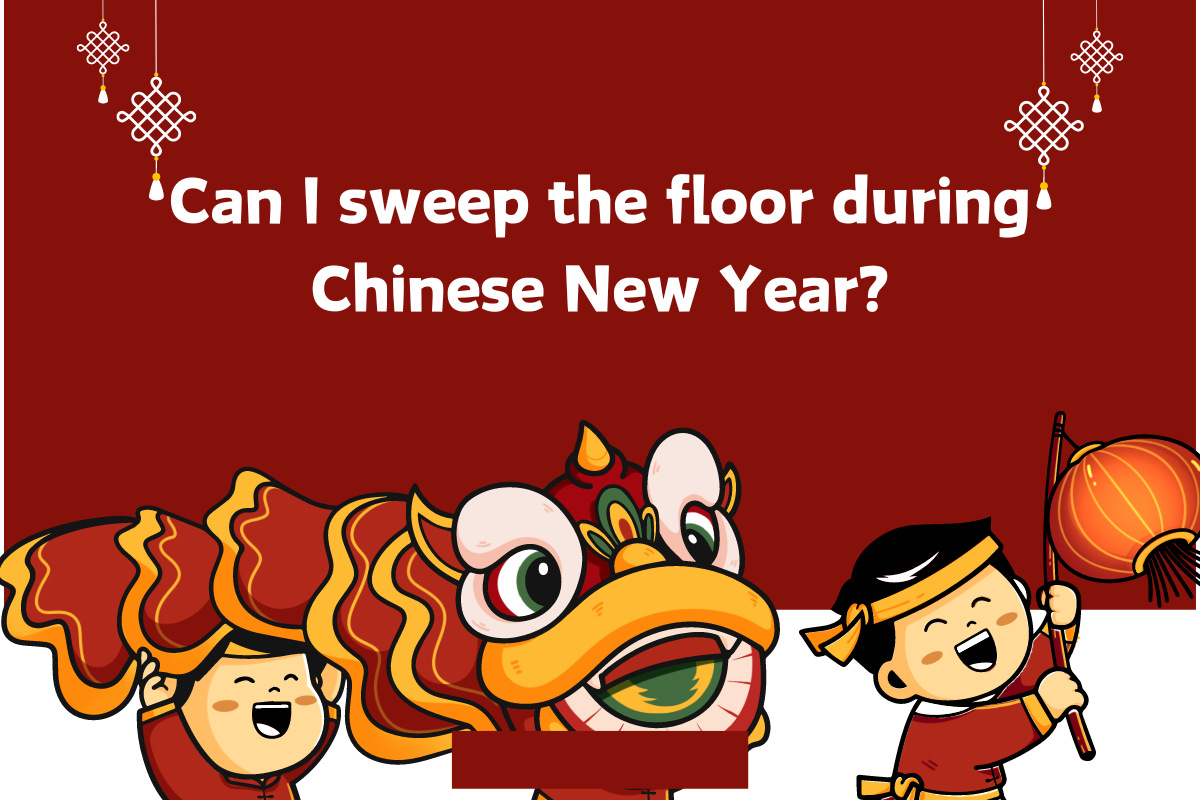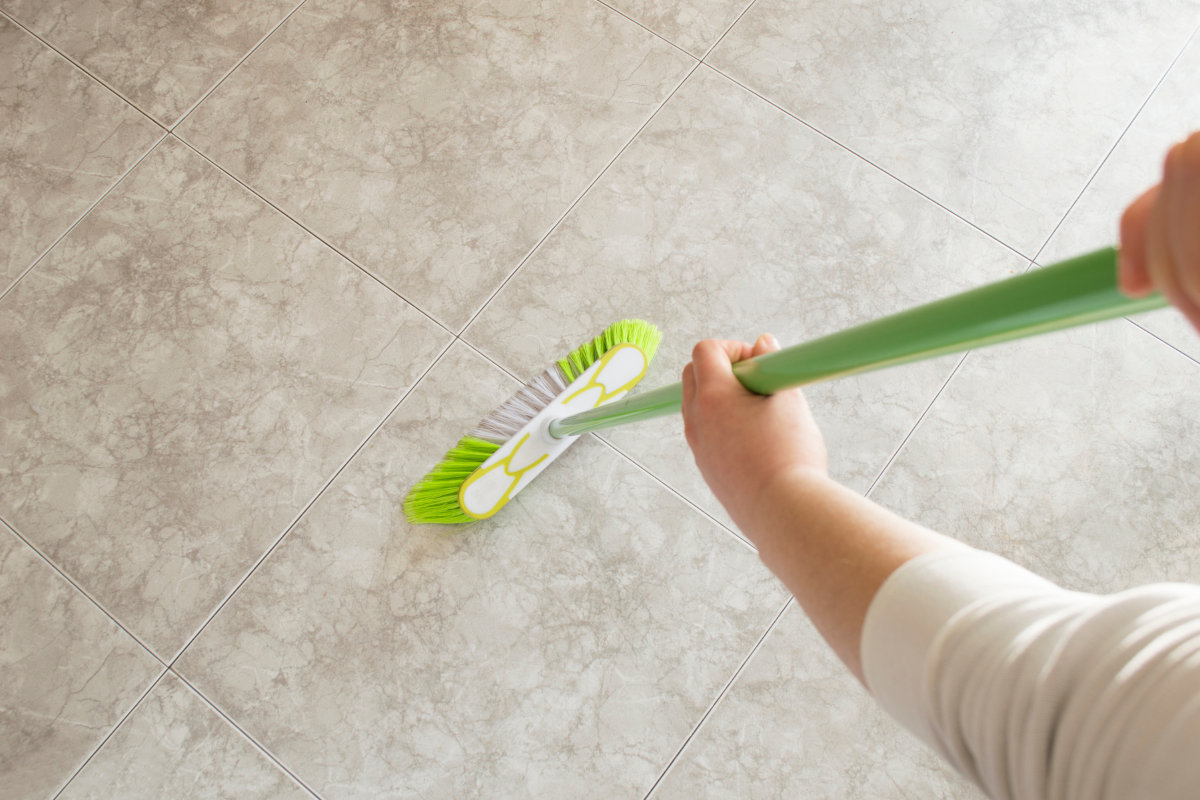Can You Sweep the Floor During Chinese New Year?
As the Chinese New Year, or Spring Festival, approaches, many traditions and superstitions come to light. Among them is the belief that sweeping the floor during this auspicious time can sweep away good luck and prosperity along with the dust and dirt 污垢 (wū gòu). But is this belief grounded in reality, or is it merely a myth? Let's explore.

污垢 (wū gòu), noun, dirt
Examples:
- The floor was covered in dirt.
地板上满是污垢。
Dìbǎn shàng mǎn shì wū gòu. - She brushed away the dirt from the table.
她从桌子上刷掉了污垢。
Tā cóng zhuōzi shàng shuā diào le wū gòu.
The Tradition Behind the Myth
The idea that sweeping the floor during Chinese New Year is bad luck stems from the belief that any form of cleaning or sweeping can remove the good fortune that has accumulated in the home. It's believed that doing so on New Year's Day or the first few days of the lunar calendar year may lead to financial loss or other misfortunes throughout the year.

Debunking the Myth
While this tradition is deeply ingrained in Chinese culture, there's no concrete evidence to support the notion that cleaning during Chinese New Year brings bad luck. In fact, many argue that keeping the home clean and tidy is essential for welcoming good luck and positive 积极的 (jī jí de) energy into the new year.
积极的 (jī jí de), adj, positive
Examples:
- He always maintains a positive attitude towards life.
他对生活总是保持着积极的态度。
Tā duì shēnghuó zǒngshì bǎochízhe jījí de tàidù. - Positive feedback can encourage students to keep improving.
积极的反馈可以鼓励学生继续进步。
Jījí de fǎnkuí kěyǐ gǔlì xuéshēng jìxù jìnbù.
The Importance of Spring Cleaning
In reality, the days leading up to Chinese New Year are traditionally devoted to thorough cleaning, known as "spring cleaning." This practice is meant to sweep away the old and make way for the new, both physically and metaphorically. It's an opportunity to declutter, refresh the home, and prepare for the festivities ahead.
- Don't sweep the floor now, it's Chinese New Year's Eve.
现在别扫地,今天是除夕。
Xiànzài bié sǎo dì, jīntiān shì chúxī. - But the house is messy, Mom.
可是房间很乱,妈妈。
Kěshì fángjiān hěn luàn, māmā. - We'll clean tomorrow. Let's enjoy the New Year's Eve dinner now.
明天再打扫。现在我们来享受除夕晚餐吧。
Míngtiān zài dǎsǎo. Xiànzài wǒmen lái xiǎngshòu chúxī wǎncān ba.
Related Articles
- Why do People Visit Relatives During Chinese New Year?
- What are the 4 most Interesting Facts About Chinese New Year?
- What is the Evil Spirit in Chinese New Year?
- What Decorations are Used at Chinese New Year?
- Best Traditional Chinese New Year Activities (Part Three)
- Best Traditional Chinese New Year Activities (Part Two)
- Best Traditional Chinese New Year Activities (Part One)
- Chinese Red Packet Tradition: Traditional Blessings and Festivities
- The Dining Traditions and Symbolism of Chinese New Year that You must Know
- A Taste of Tradition: Comparing Northern and Southern Chinese New Year Feasts
- Lucky Food in Chinese New Year